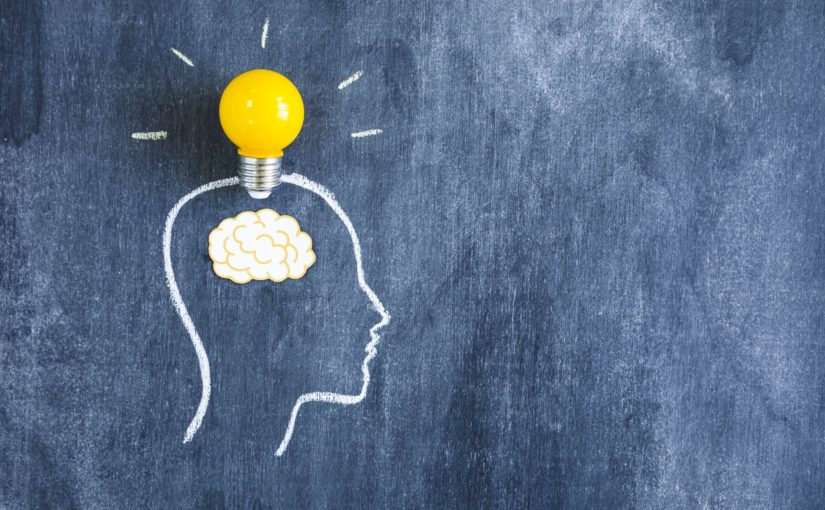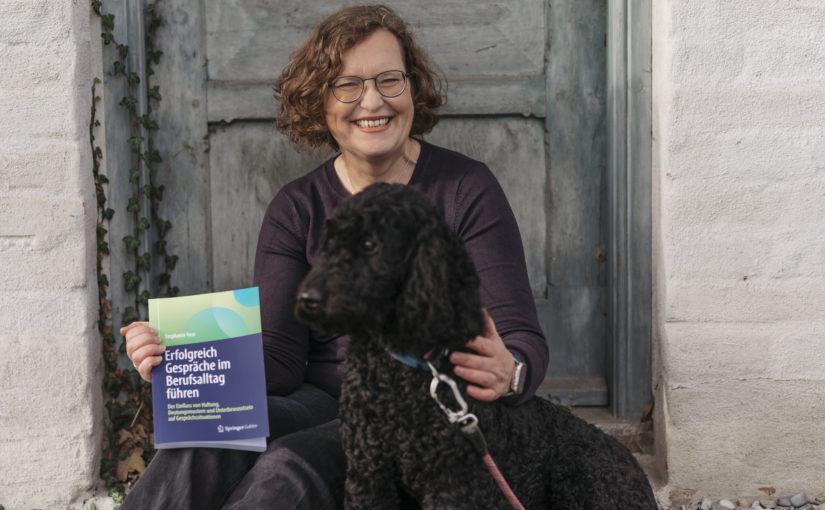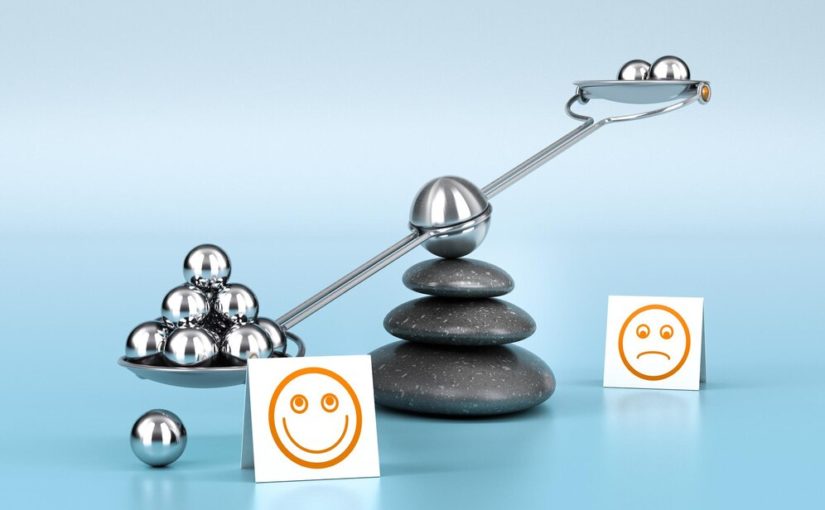My weekly calendar this week has a quote from
Percy Bysshe Shelly (*1792- Ɨ1822):
„The path of its departure still is free: Man’s yesterday may ne’er be like his morrow; Nought may endure but Mutability.“
Surely everyone knows these or similar statements, such as: „Nothing is more constant than change“. We often don’t realise how much everything around us is changing. Our day is largely made up of routines and recurring experiences. For example, many of us get up at the same time every day, start our day with coffee or tea, and so on. But it is never the same. There’s always something different, even if it’s the weather. We plan day by day and then something unforeseen happens and we might just change the daily routine a bit. We are used to all these small changes and can cope with them.
But what about big changes? Every change creates a little crisis. The processes we have learnt and used successfully in the past no longer produce the desired results or are simply no longer wanted. Change is always about stress and individual coping strategies.
Each change has a different impact on each individual. Change is and never has the same effect on an individual level.
With this sudden crisis weh ave to deal on an individual stage. Adviced are often not supportive as they are successful fort he advice giver but not for our own reality and live.
The only similarity is , that to acept and overcome change, we go all through four phases:
- Shock
- Reaction to the shock
- Processing with acceptance and finding solutions
- Reorienting ourselves and our environment
The phases are not chronological, they can occur simultaneously or they can repeat themselves, forming loops until a real solution is found.
Yes, change is the only thing that will always and everywhere be there, the question is what strategies we develop to move through the four phases successfully and effectively.
Speed is certainly not the measure for overcome change, but rather to find and follow our personal path that suits us.









